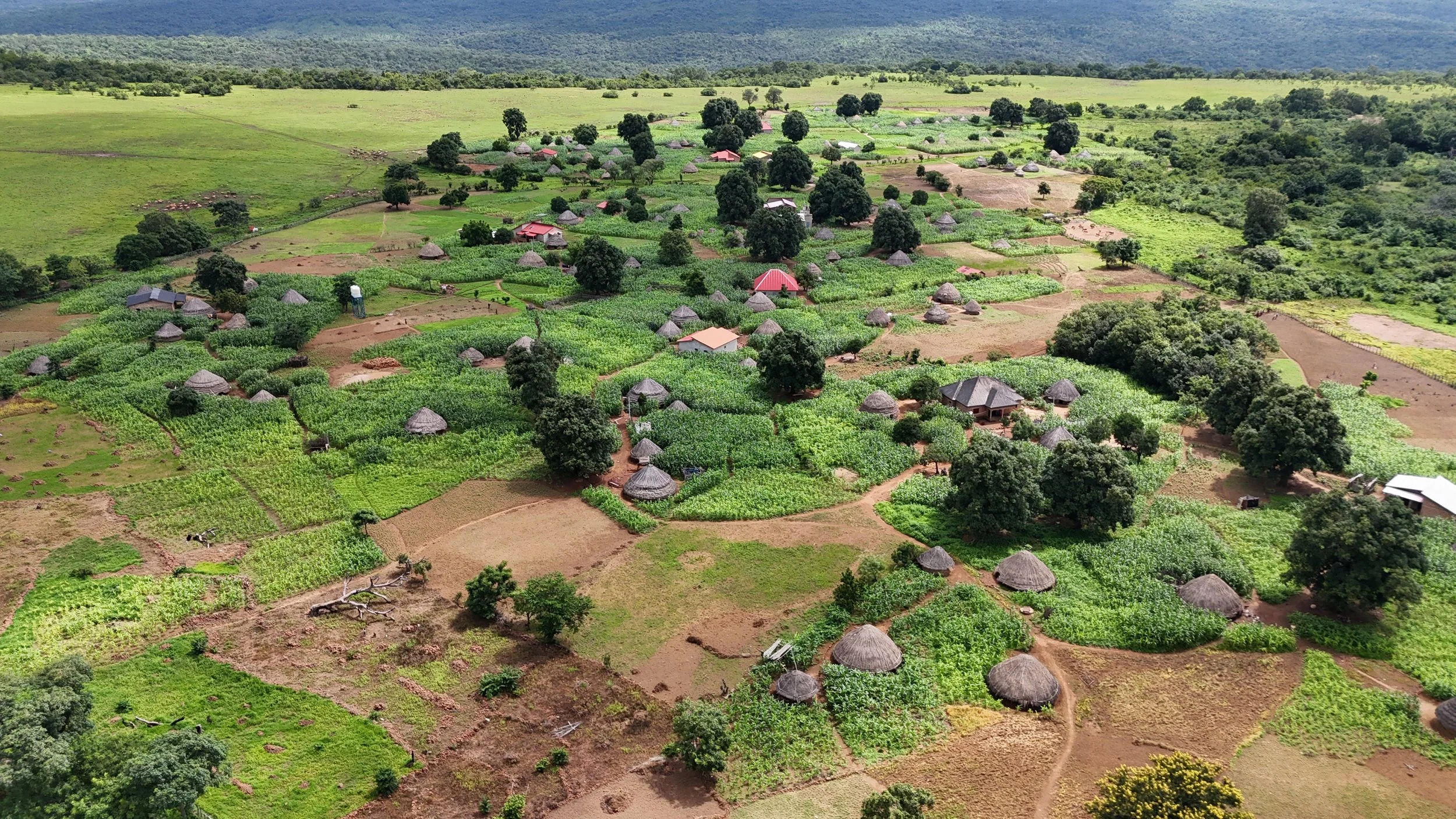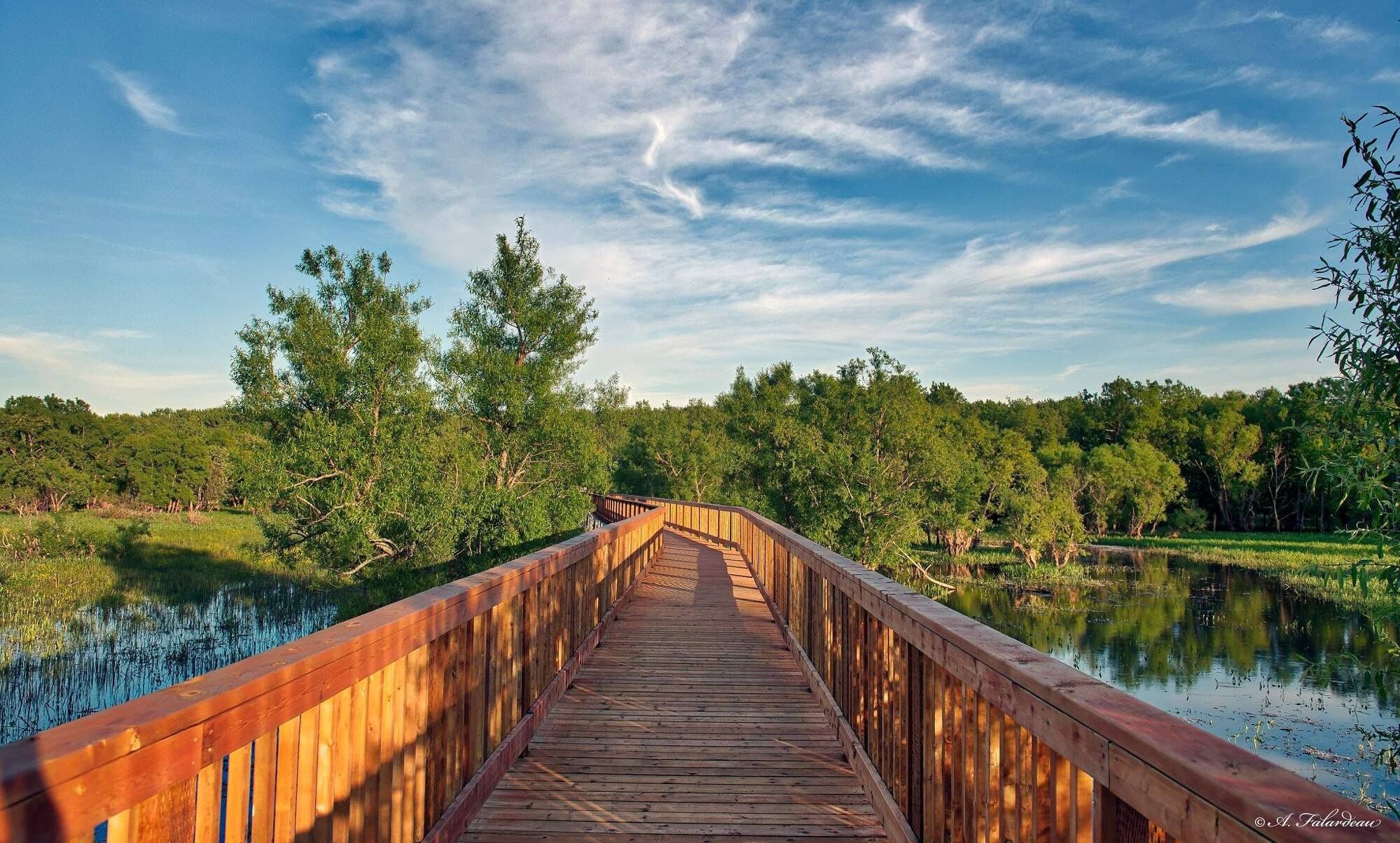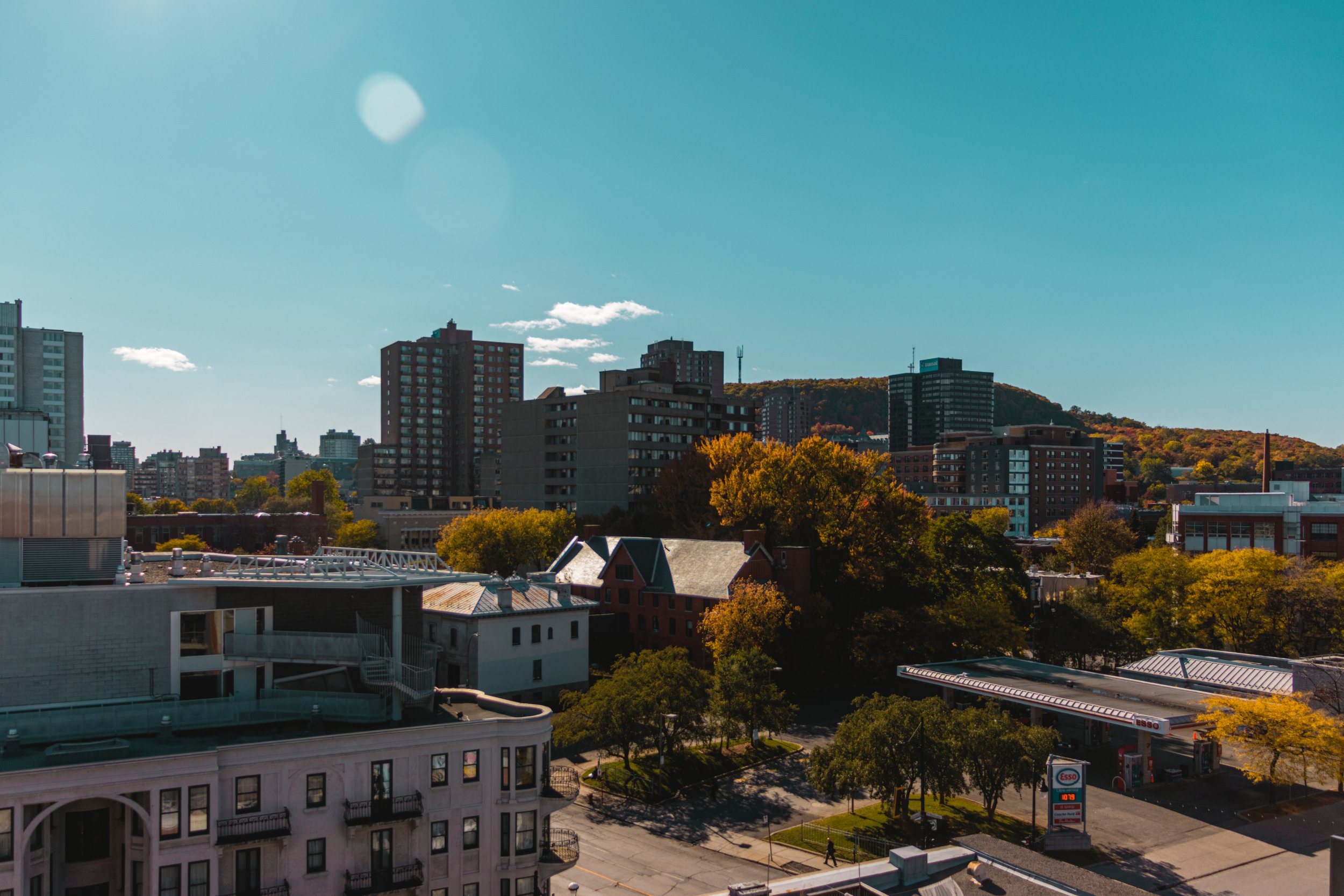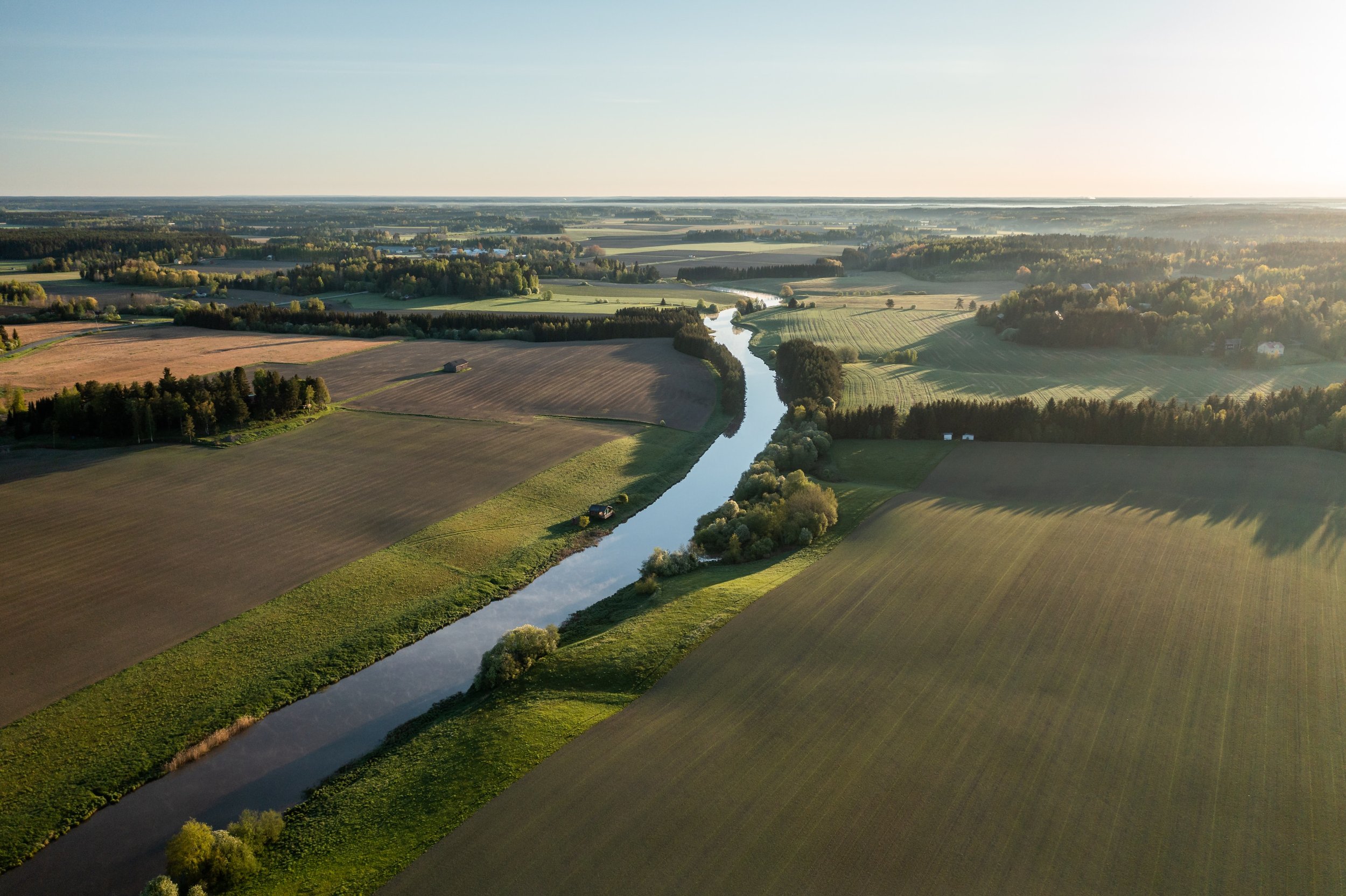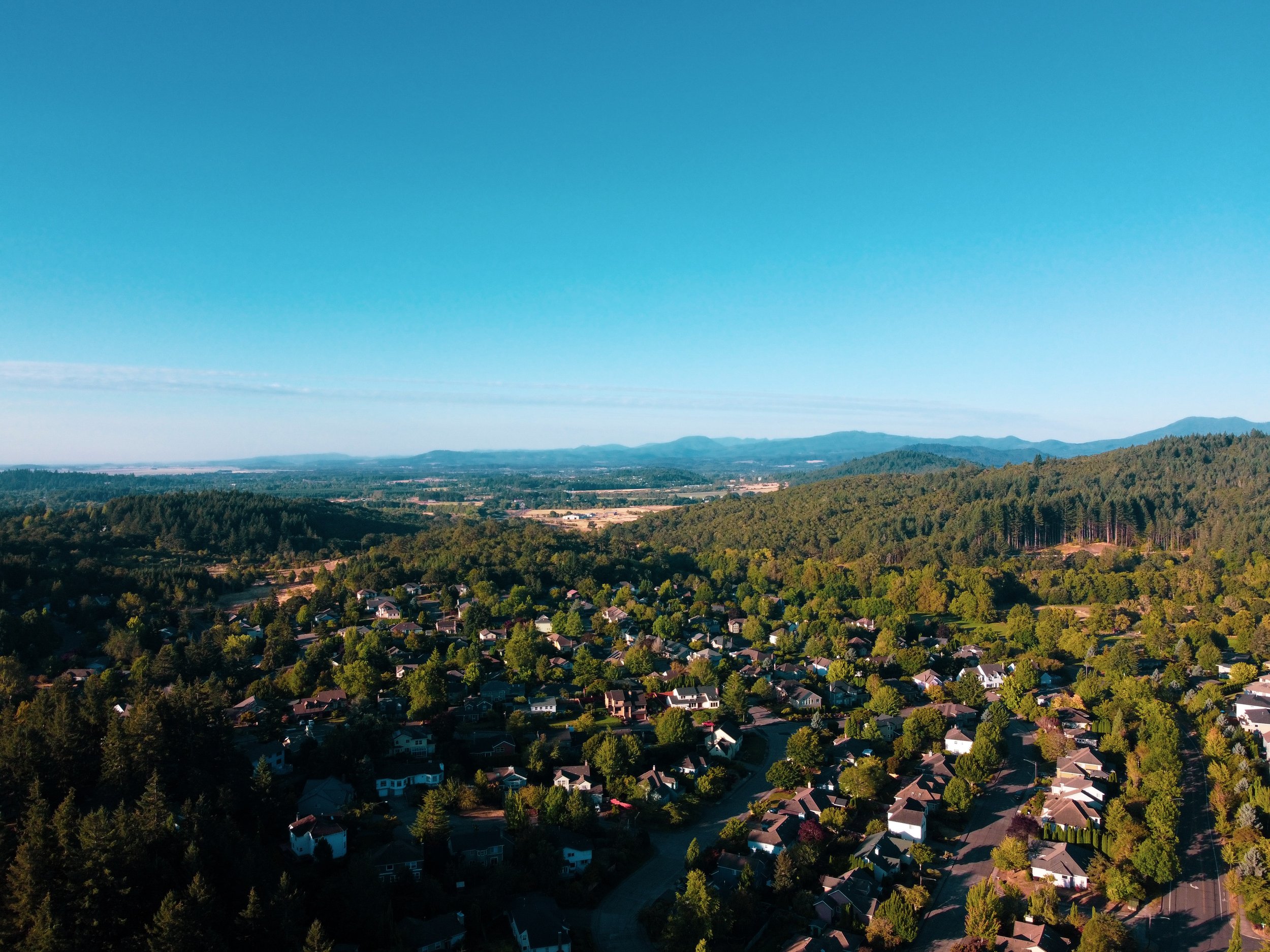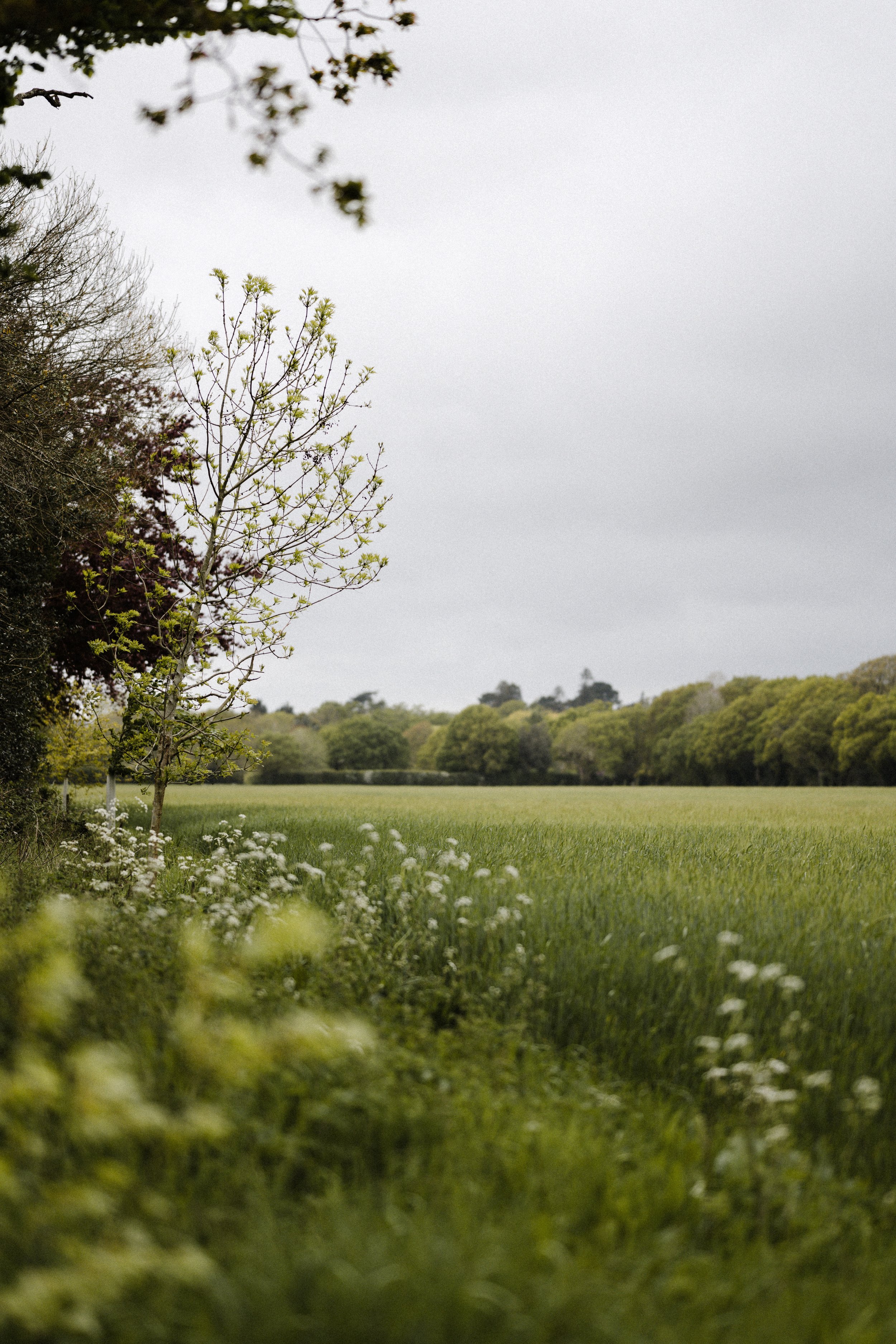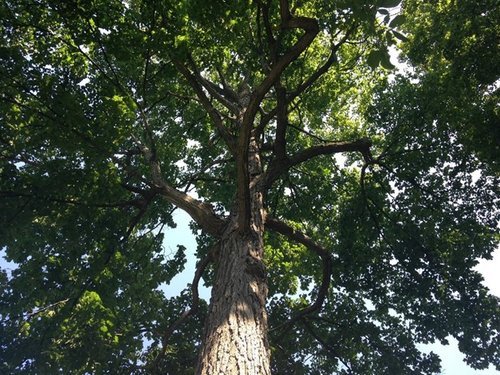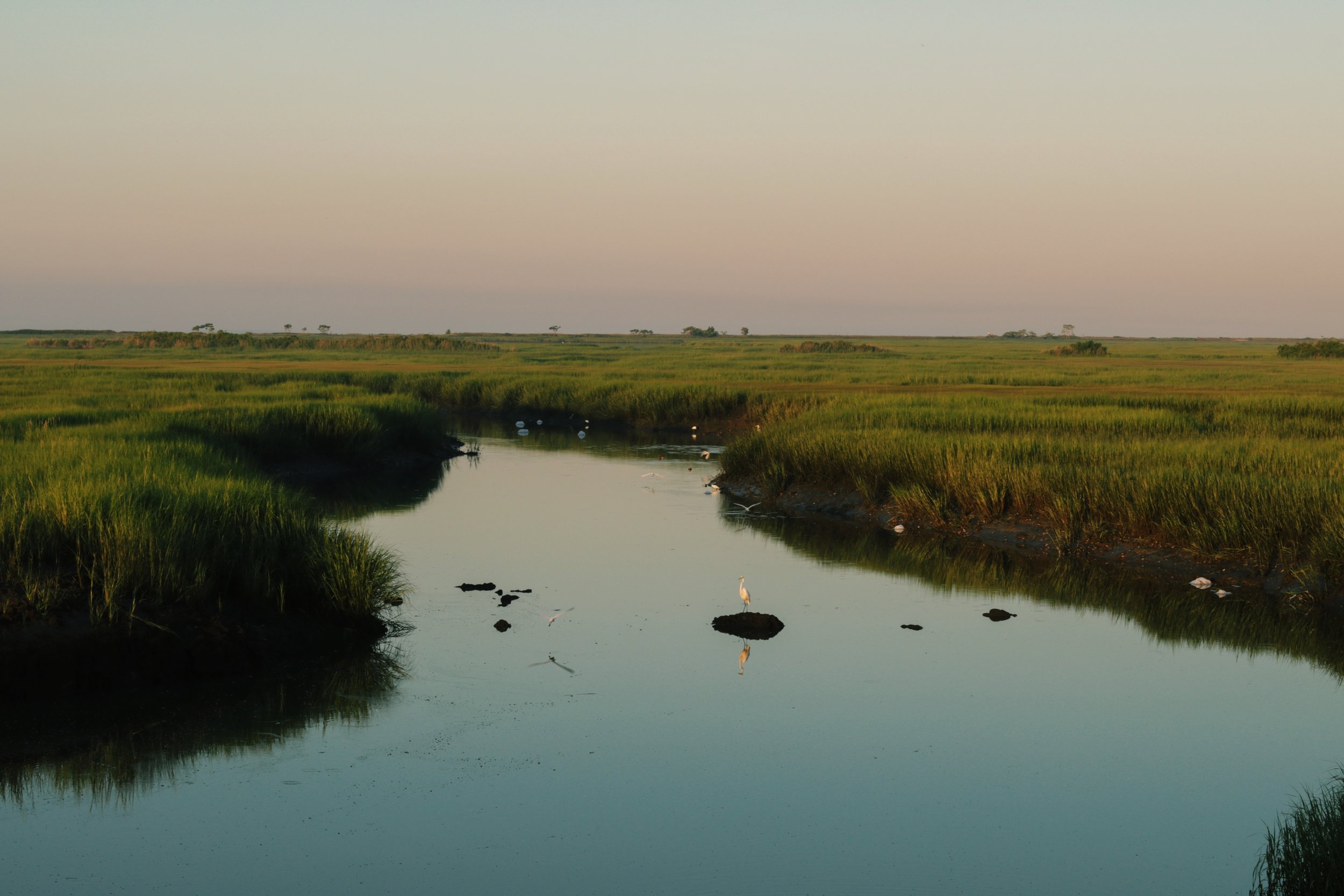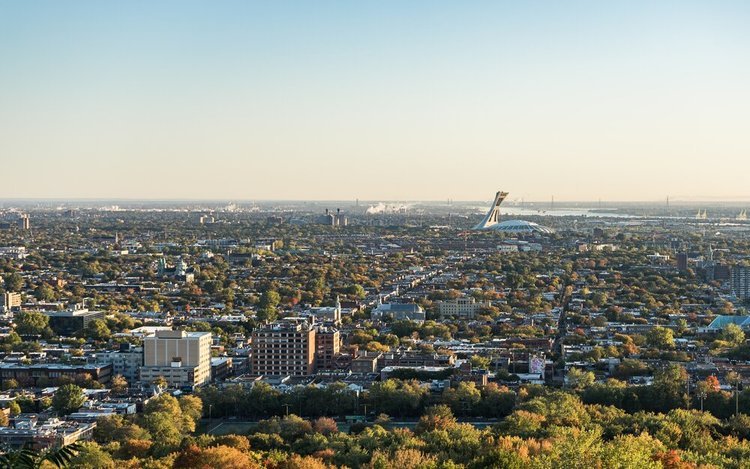Our projects
Through our projects, we aim to create a society with a better relationship with nature, one that understands and values the services provided by natural environments. Our team aims to facilitate the integration of the value of these environments into decision-making and land-use planning processes.
Promoting the resilience of Gaspé forests through informed risk management
Habitat commissioned by TGIRT in the Gaspé Peninsula to enrich regional thinking on forest resilience in the face of climate change. By combining vulnerability analyses, functional diversity, and connectivity, our team offers recommendations for prioritizing forestry interventions, preserving diverse stands, and supporting natural regeneration.
Habitat collaborates with WWF-Canada to define and map Canada's primary forests
Habitat was commissioned by WWF-Canada to develop a scientific definition of primary forests, as well as a geospatial workflow to map primary forests in Canada and strengthen their protection at the federal level.
Femmes Pro-Forêts: building climate resilience in Guinea's Moyen-Bafing National Park
The Femmes Pro-Forêts project, led by the Union des producteurs agricoles - Développement international in collaboration with the Canada Research Chair in Ecological Ecology, aims to adapt to climate change for the benefit of vulnerable women, young women and their families in Guinea's Moyen-Bafing National Park, notably through the increased adoption of nature-based solutions.
Managing natural infrastructures: a new approach to optimizing urban resilience
The David Suzuki Foundation and Habitat have joined forces to carry out in-depth analyses in five major Canadian cities, highlighting the crucial role of natural infrastructure in urban environments. The aim? To provide decision-makers with evidence for more effective management of natural assets, and to enable citizens to better understand their benefits.
Achieving the 30x30 objective: a sub-national approach
As part of this project, the team developed an innovative approach to inform the decisions of sub-national players in achieving the goal adopted at COP15 of protecting 30% of terrestrial, aquatic and marine areas by 2030, and to provide food for thought for the governments of Quebec and California.
Developing the ancestral territory of Essipit to improve resilience in the face of climate change
The Innu nation of Essipit demonstrated its leadership earlier this year by announcing its ambitious protected area and connected habitats project, Essipiunnu-meshkanau. This announcement is part of a vast initiative undertaken by the nation to better protect and manage its Nitassinan (ancestral territory), in order to restore and conserve quality habitats for local species and ultimately maintain the innu-aitun (traditional activities and knowledge of the Essipiunnuat).
A green corridor to protect Nicolet's natural environments
Our study for the City of Nicolet reveals that planning the creation of a "green corridor" contributes to the conservation of biodiversity in the St. Lawrence Lowlands region.
Enhancing the role of natural environments in the municipality of Saint-Hippolyte
The municipality of Saint-Hippolyte commissioned Habitat to carry out a study to estimate the current value of natural environments based on a biophysical and economic assessment of several ecosystem services.
Eco-taxation as a lever for protecting and restoring natural environments threatened by urbanization
Through this project, Habitat conducted a study into the feasibility of eco-tax tools applied to the ecological footprint of land use.
Planning the conservation of La Mauricie National Park's Greater Ecosystem
The results of our study will make it possible to maintain and improve ecological connectivity to support biodiversity, promote resilience and continue to benefit from ecosystem services.
Forest agricultural corridors to promote ecosystem services
The Demain la forêt - infrastructures vertes project, launched by Jour de la Terre and supported by the Quebec government, aims to develop uncultivated agricultural areas where the slopes are too steep for cultivation.
Develop a climate change adaptation and management strategy for biodiversity
Our study for the Nicolet-Yamaska MRC identified natural environments of importance for supporting biodiversity, ecosystem services and maintaining connectivity.
Implementing natural solutions to adapt to climate change
Our team studied the implementation of natural solutions to adapt to climate change and fight against biodiversity loss on the territory of 11 Quebec municipalities and MRCs.
A strategic and sustainable planting approach for Montreal
We have developed a strategy for planting the 500,000 new trees that will maximize the sustainability of the urban forest while improving the distribution of nature in the city.
Evaluate the potential to afforest agricultural corridors
Our team evaluated the benefits associated with the revegetation of agricultural corridors for wildlife (habitat and connectivity) and the provision of ecosystem services.
Improving the resilience of the Rosemère urban forest
Our analysis of the Rosemère urban forest (portrait, ecosystem services, functional diversity) has allowed us to develop planting recommendations that will meet conservation objectives.
Ensuring better management of the North River watershed
We analyzed the ecosystem services provided by the natural environments of the integrated water management area managed by Abrinord in order to prioritize conservation actions.
Evaluating the services provided by the trees in Parc Jean-Drapeau
Our team evaluated the role of trees in Parc Jean-Drapeau in sequestering carbon, improving air quality and avoiding stormwater runoff.
Improving the resilience of Candiac's urban forest
In 2021, Nature-Action Québec has commissioned Habitat to carry out an assessment of Candiac's urban forest with a view to improving its resilience in the face of global change.
Increasing the effectiveness of conservation targets across the Montreal Metropolitan Community
Our analysis of various conservation scenarios identified the one that will have the most positive impact on biodiversity, connectivity and ecosystem service provision.




